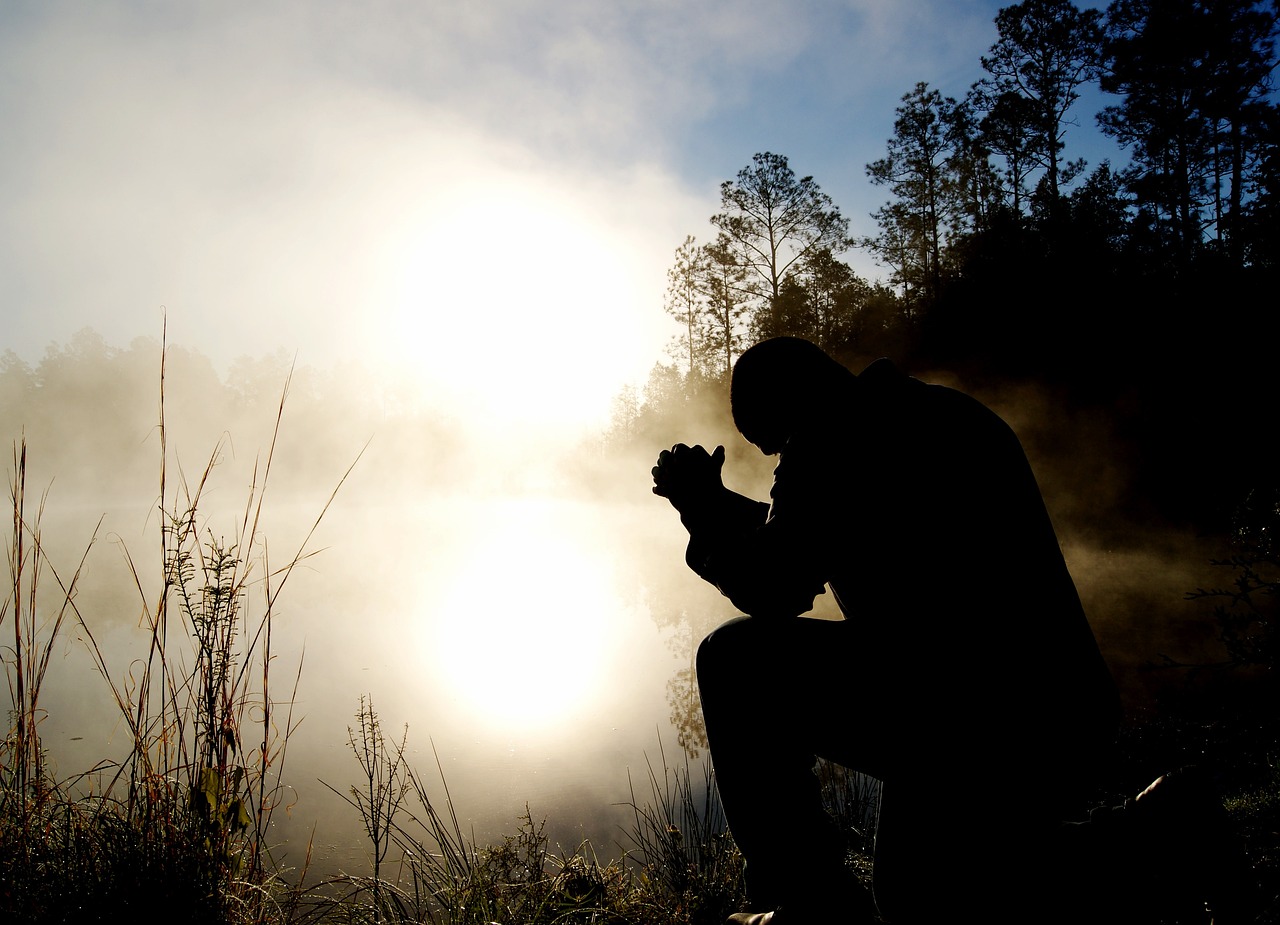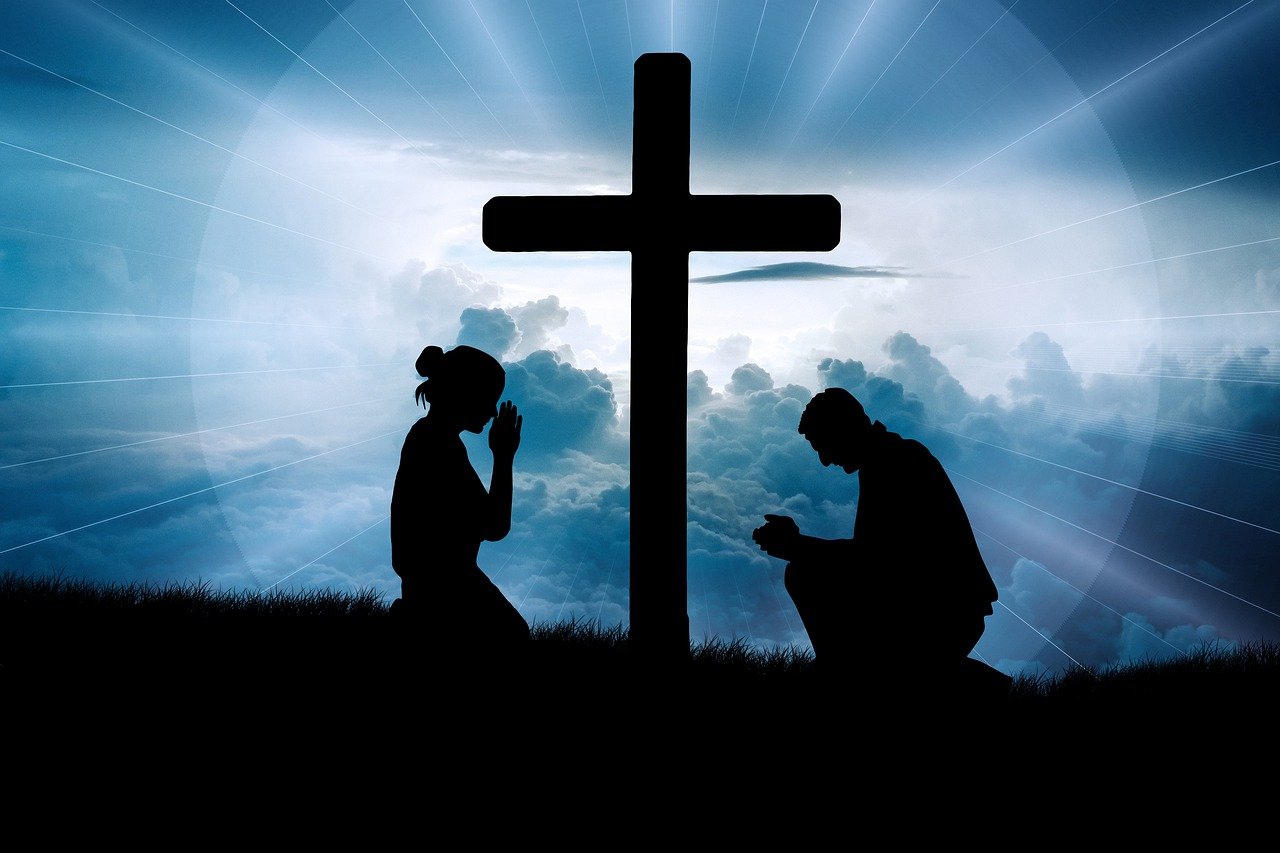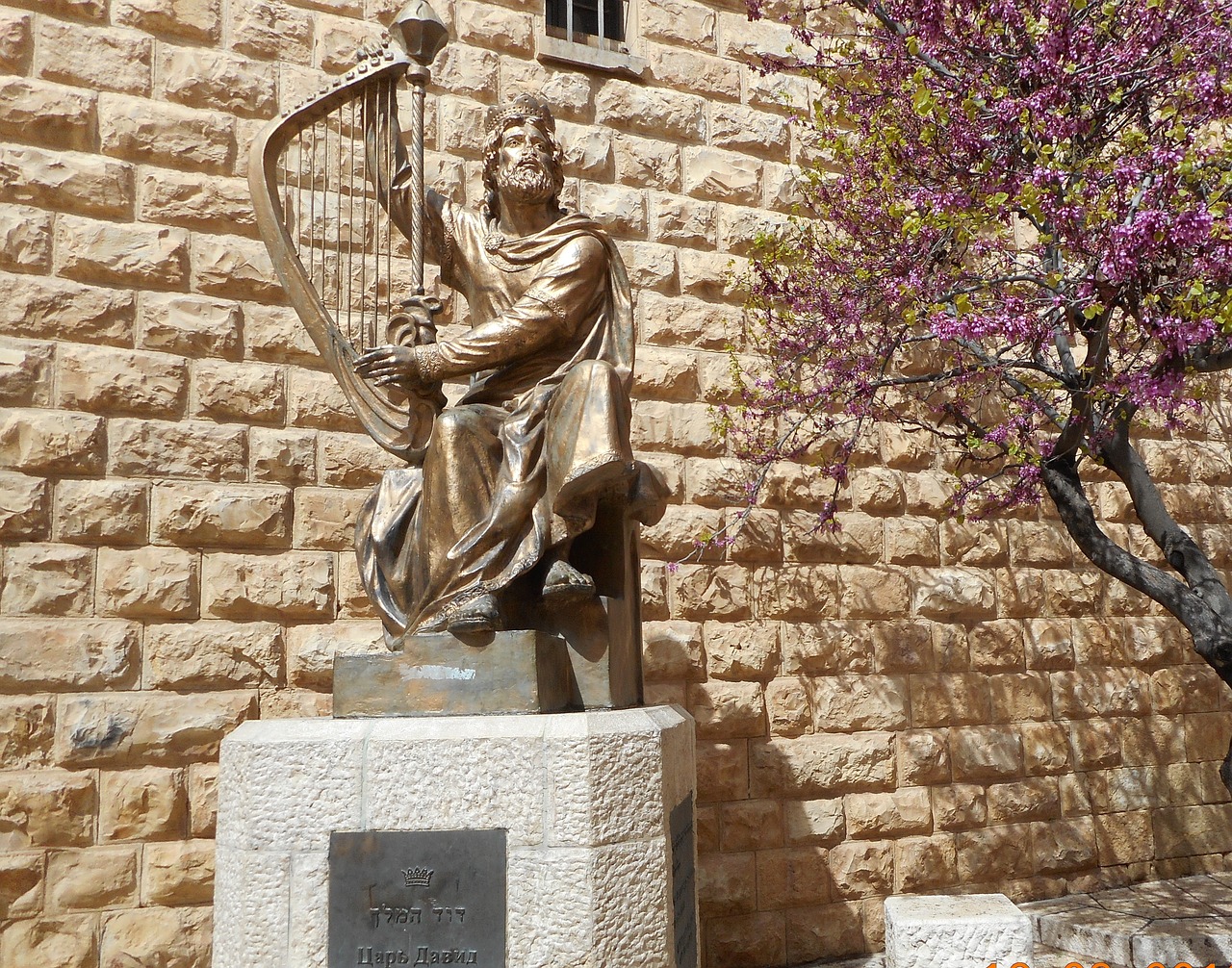Answering the question of why people worship God seems both simple and complex.
The primary definition of worship is to honor or show reverence for a divine being or supernatural power.
But this definition implies that there are multiple potential divine beings or supernatural powers to choose from.
Further, the secondary definition reveals that worship may be directed toward other humans or physical objects.
The primary definition of God, according to Merriam-Webster.com, is the supreme or ultimate reality who is perfect in power, wisdom, and goodness and the creator ruler of the universe.
Yet, secondary definitions mention god as a being or object that has more than natural attributes and powers, one controlling a particular aspect or part of reality, a person or thing of supreme value, or a powerful ruler.
How can Exodus 4:31 help us unravel this simple yet complex question of why people worship God?
Continue reading “Why Do People Worship God? |Exodus 4:31 | Part One”










